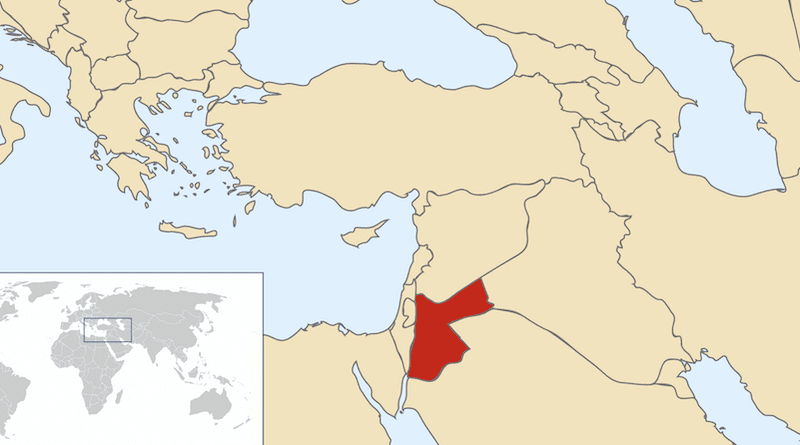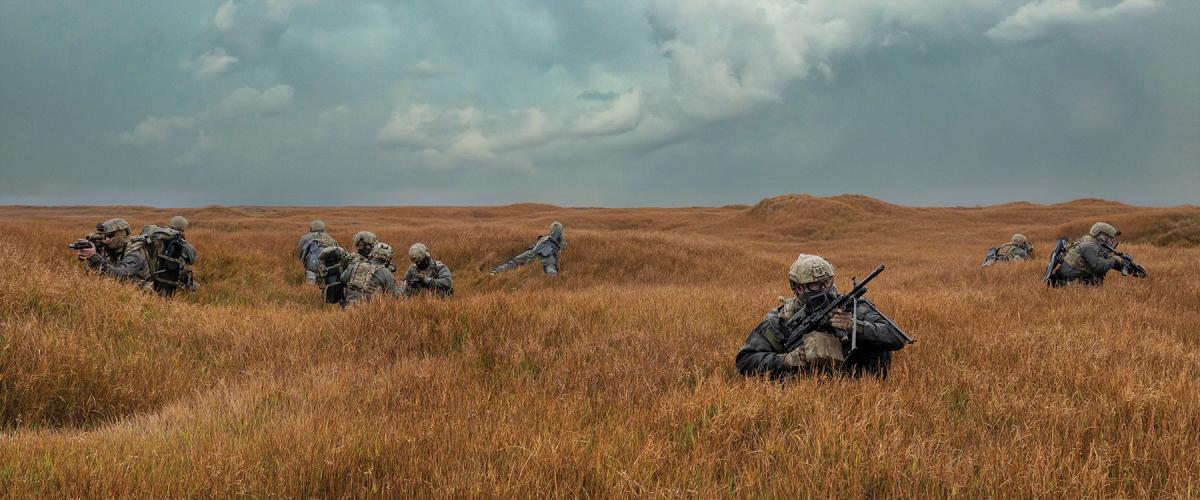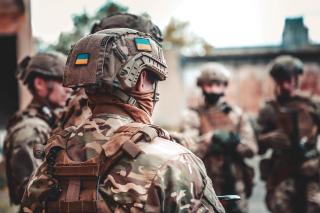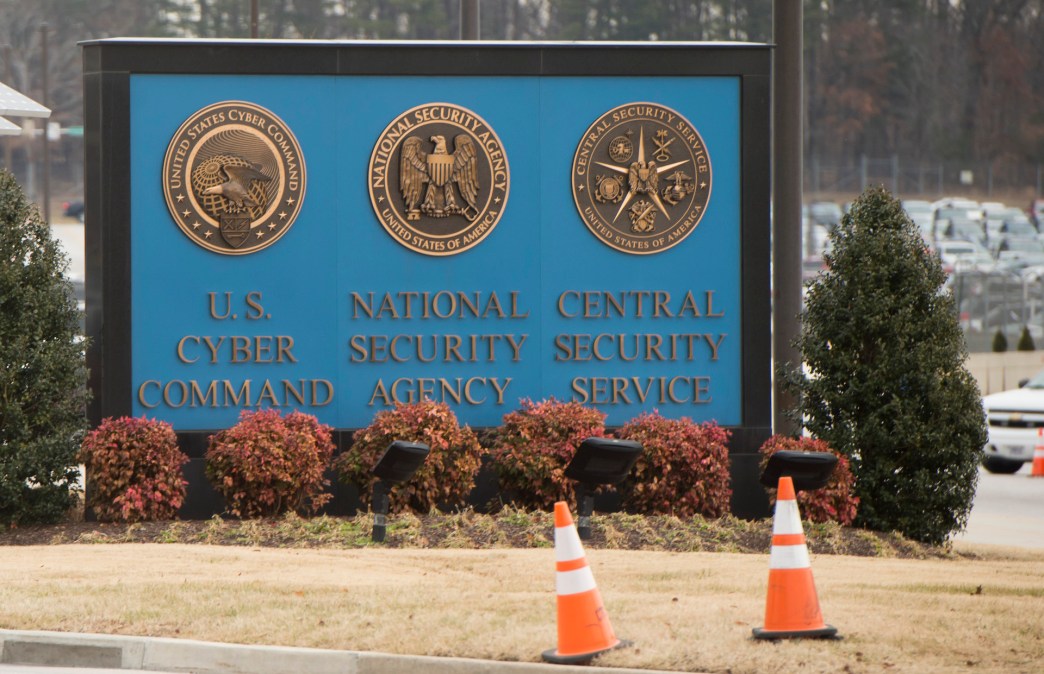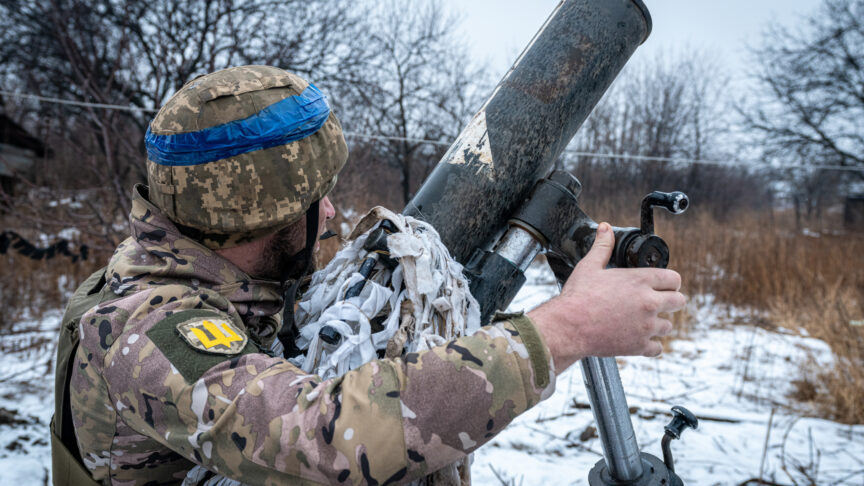VERA BERGENGRUEN

It was 2:15 a.m. on Oct. 16, and Benjamin Netanyahu couldn’t figure out how to work the copy machine. Six floors underground, in the Tel Aviv bunker from which Israel’s war cabinet was directing its battle against Hamas, Secretary of State Antony Blinken waited to be handed a sheet of paper outlining the results of a nine-hour negotiating session with the Israeli Prime Minister. Even Blinken’s sleep-deprived advisers had no idea what the two men had agreed to behind closed doors.
Less than 24 hours earlier, Blinken had been in Cairo, preparing to return to Washington after a six-country dash across the Middle East. The visit had started off with a show of U.S. support after the brutal Hamas attack on Oct. 7, followed by talks with Arab allies. But as Israel intensified its bombing campaign in Gaza, Blinken decided to make a U-turn. Cut off from water, food, medicine, and fuel, the enclave was spiraling into a humanitarian crisis. Arriving back in Israel, Blinken conveyed to Netanyahu the anger he had heard from regional leaders and urged him to allow aid into Gaza. In a tense meeting punctuated by an air-raid siren, Netanyahu was intractable. Israel would not tolerate “one drop of water, not one ounce of fuel” across the border, a senior Administration official said. As it grew dark, Blinken and his aides followed Netanyahu from the Kirya, Israel’s version of the Pentagon, to the underground command center. Huddled around two laptops and a mobile printer, in a small room with no cell service, the U.S. team traded proposals with the Israeli cabinet next door. Some came back with Netanyahu’s hand-scribbled edits.
Finally, the Israeli Prime Minister and America’s top diplomat sat down alone. If Israel was going to proceed in its mission to destroy Hamas, it had to allow aid to reach civilians, Blinken told Netanyahu. He also made clear what was hanging in the balance: a visit from President Joe Biden, the prospect of which had leaked to the Israeli media but had yet to be formalized. A visit from Biden represented a critical gesture of support—and significant leverage.


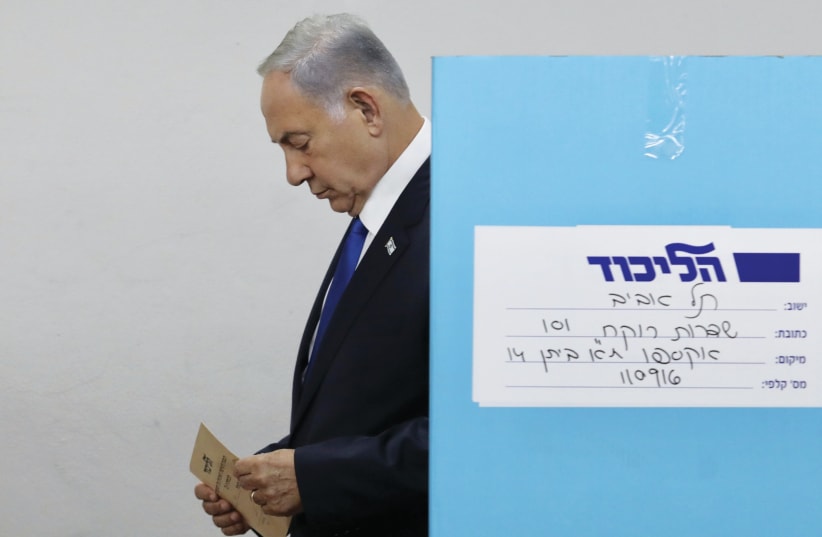

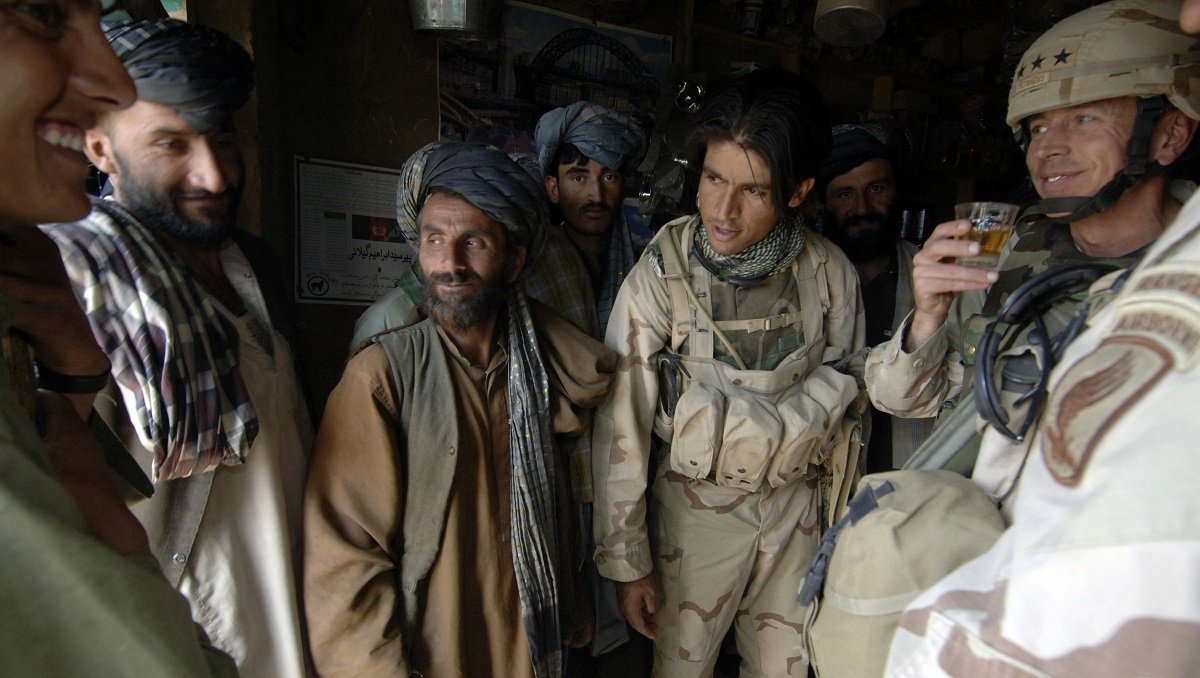
:quality(70)/cloudfront-us-east-1.images.arcpublishing.com/archetype/TG6WZ7O5MRDEZFRPSSBQP55KLA.jpg)
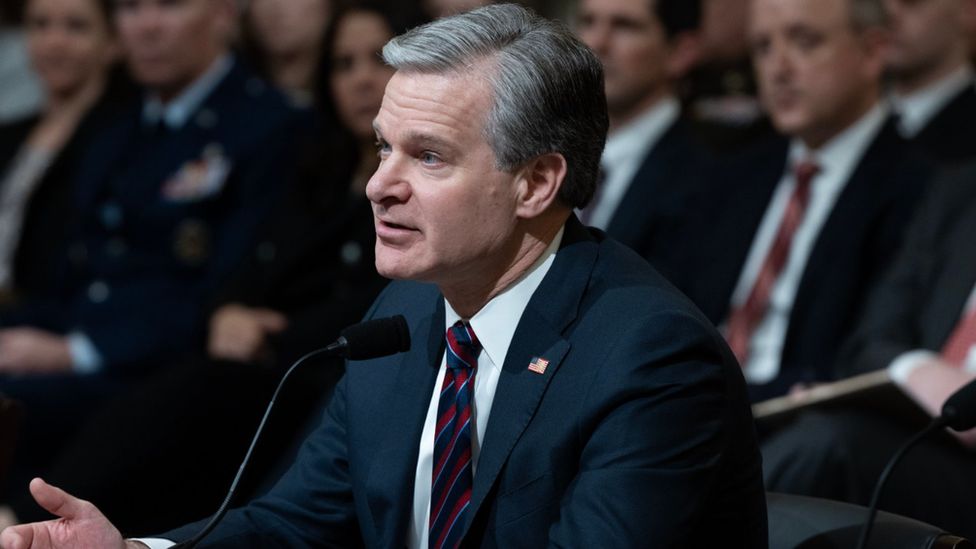

:quality(70)/cloudfront-us-east-1.images.arcpublishing.com/archetype/LI4R3BCDPVCLFCHMYRTWQRBZSI.jpg)
